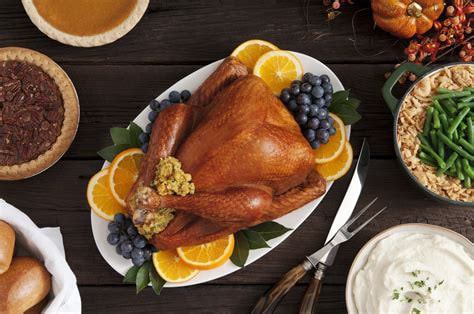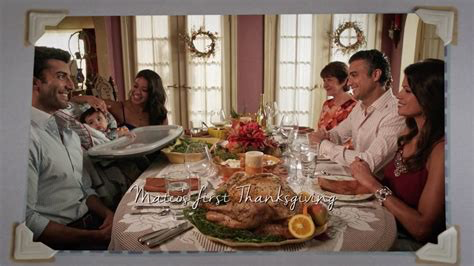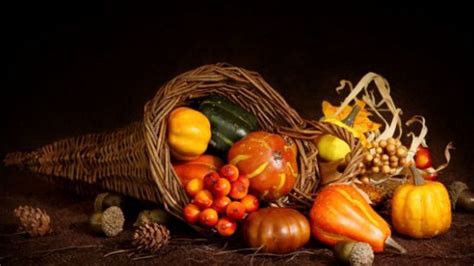|
It’s Thanksgiving and I’ve been SUPER-sick for the past week. My six-year-old was throwing up mucous last night & up multiple times and I have an epic writing project I haven’t finished that’s on deadline (that’s not a Jane episode…that’s me). My grown-up daughter told me I HAD to watch Jane the Virgina few months ago and when I told her of my brutal illness she said ‘look at the bright side…its perfect time to binge watch’ (I’m 1/2 way through season 5 now btw). BUT, this morning, I’m overwhelmed with gratefulness AND have visions of Jane dancing thru my head so…the list… All I Need to Know I Learned from Jane the Virgin:
What I’ve been loving about Jane the Virgin is that it shares culture and ideas with humor and charm. I don’t know how it plays to middle-aged white women in the mid-west, but I choose to assume it’s a story that is relatable to many folks. It it has made me think about the importance of storytelling that is inclusive. For many families, Thanksgiving is a gorgeous container to focus on the bounty and beauty of life. But, as with everything else in this life, it is attached to an epic drama. My family has taken pride and joy in Columbus Day and Thanksgiving…Americanholidays. Days when Italian-Americans could take ownership in a sense of greatness and accomplishment — there at the beginning of a great nation — practically responsible for it! During the wave of immigration that brought my family from Italy in the early 1900s, immigrants faced some of the hardships faced today. There was certainly discrimination from those already established and assimilated to the idea of what “American” meant at that time. My grandfather and his siblings were not allowed to speak Italian in the house. His parents feared learning their native language would hold them back from becoming true Americans, rendering them unable to participate fully in the American dream. They had immigrated after the worst of the atrocities against indigenous people of North America. These were not atrocities taught in their neighborhood schools. The glorious, inspiring, American mythology was blissfully, ignorantly, clean from stories of rape, pillage, disease, and shady government dealings. The Italian immigrant survival strategy was assimilation — there was no other story available to them at that time. Our family lore follows a young man from cleaning hotel spittoons to becoming an American Air Force Colonel and successful entrepreneur. My family has been big on boot straps. There has been no acknowledgement of what our family may have lost when it lost its language to the melting pot. But it makes me wonder… How do we honor the individual and the collective with our stories? How do we acknowledge different relationships to stories in the present? How do we move into a present/future that honors differences and chooses unity? How does one acknowledge that a symbol honored for generations in your family as “togetherness”, “love”, and “bounty” can mean something dark and violent to someone else’s family?…What do we do with that? I don’t know. But today, the story I will tell my children is this: *** People, for many, many thousands of years, and all over the world, have had harvest celebrations. We take for granted that we can run to a supermarket and find shelves full of food. People who grew their own food, and prepared it to last for long, cold, barren months could not take their food for granted. They were grateful every time they had enough. Because many times there was not enough. That is true for people today too. Lots of people. We are blessed to be able to share a feast with the people we care about. The origins of ourThanksgiving start in 1621, when a man from the Abenaki tribe greeted the would-be colonists who had arrived on the Mayflower — in English! Only half the passengers and crew of the Mayflower had survived the winter and they were very weak from illness and malnutrition. The man they met introduced them to Squanto of the Pawtuxet tribe. What is incredible about Squanto is, years before, he had been kidnapped by an English sea captain and sold into slavery. Squanto was taken across the sea to England but he escaped to London and made the long, long journey back to North America. Despite what had been done to him, he helped the immigrants of the Mayflower. He taught them how to find food and helped them form an alliance with the Wapanoag tribe. He didn’t have to. People who looked like them and spoke their language had been incredibly cruel to him. He might have easily let those people suffer and die out of feelings of fear or hate. But he didn’t. His actions teach us that regardless of how different we might think people are we have a responsibility to help them. Today we have access to more information than any people who have ever come before us. That is why we know that some people call Thanksgiving a National Day of Mourning. We need to remember that over hundreds of years, since at least 1492, European immigrants displaced and destroyed the lives and languages and cultures of the people who lived here before. We need to remember even our most loved stories have many points of view. Now that we are able to learn so much we read, and listen to add to our story of what this day means to us. Each year we will reflect on how we celebrate and honor the past and remember how our actions today will matter for generations, and generations to come. *** As I can feel the health returning to my family this Thansksgiving, I am awfully grateful today. (And thanks, Nisa, for the Janerecommendation…much appreciated :) Gobble, gobble, y’all. This year’s Thanksgiving tale adapted from: https://www.history.com/topics/thanksgiving/history-of-thanksgivingtps://www.history.com/topics/thanksgiving/history-of-thanksgiving
0 Comments
Leave a Reply. |
Danika Sudik...
Categories:
|



 RSS Feed
RSS Feed